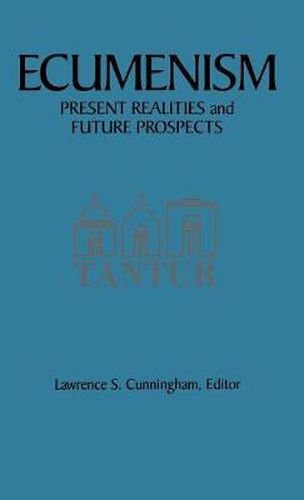Readings Newsletter
Become a Readings Member to make your shopping experience even easier.
Sign in or sign up for free!
You’re not far away from qualifying for FREE standard shipping within Australia
You’ve qualified for FREE standard shipping within Australia
The cart is loading…






This title is printed to order. This book may have been self-published. If so, we cannot guarantee the quality of the content. In the main most books will have gone through the editing process however some may not. We therefore suggest that you be aware of this before ordering this book. If in doubt check either the author or publisher’s details as we are unable to accept any returns unless they are faulty. Please contact us if you have any questions.
In Ecological Ethics and the Human Soul: Aquinas, Whitehead, and the Metaphysics of Value, Francisco J. Benzoni addresses the pervasive and destructive view that there is a moral gulf between human beings and other creatures. Thomas Aquinas, whose metaphysics entails such a moral gulf, holds that human beings are ultimately separate from nature. Alfred North Whitehead, in contrast, maintains that human beings are continuous with the rest of nature. These different metaphysical systems demand different ethical stances toward creation. Benzoni analyzes and challenges Thomas’s understanding of the human soul, his primary justification for the moral separation, arguing that it is finally philosophically untenable. The author finds promising the alternative metaphysics of Whitehead, for whom human beings are a part of nature-even if the highest part; all creatures have a degree of subjectivity and creativity, and thus all have intrinsic value and moral worth, independent of subjective human valuation. Further, though there is difference, there is no moral gulf between God and the world. God is truly affected by the experience of creatures. Benzoni argues that if this vision of moral worth is articulated with sufficient force and clarity, it could help heal the human relation to our planet. Eminently clear in concept and analysis, profound in insight, and precise in reasoning, this book not only contributes a distinguished study of Aquinas but also reshapes contemporary ecological ethics by relating it to basic issues of metaphysics. Both subsequent moral theory attentive to Aquinas and subsequent formulations of ecological ethics will be incomplete without taking account of Benzoni’s argument. -Franklin I. Gamwell, Shailer Mathews Distinguished Service Professor of Religious Ethics, the Philosophy of Religion, and Theology, The University of Chicago Divinity School In the introduction and conclusion, Francisco Benzoni makes clear the broader significance of this work for the field of ecological ethics and the future well-being of the human species on this earth. One can learn a great deal about the philosophy of both Aquinas and Whitehead in working through these pages. -Joseph Bracken, Xavier University
$9.00 standard shipping within Australia
FREE standard shipping within Australia for orders over $100.00
Express & International shipping calculated at checkout
This title is printed to order. This book may have been self-published. If so, we cannot guarantee the quality of the content. In the main most books will have gone through the editing process however some may not. We therefore suggest that you be aware of this before ordering this book. If in doubt check either the author or publisher’s details as we are unable to accept any returns unless they are faulty. Please contact us if you have any questions.
In Ecological Ethics and the Human Soul: Aquinas, Whitehead, and the Metaphysics of Value, Francisco J. Benzoni addresses the pervasive and destructive view that there is a moral gulf between human beings and other creatures. Thomas Aquinas, whose metaphysics entails such a moral gulf, holds that human beings are ultimately separate from nature. Alfred North Whitehead, in contrast, maintains that human beings are continuous with the rest of nature. These different metaphysical systems demand different ethical stances toward creation. Benzoni analyzes and challenges Thomas’s understanding of the human soul, his primary justification for the moral separation, arguing that it is finally philosophically untenable. The author finds promising the alternative metaphysics of Whitehead, for whom human beings are a part of nature-even if the highest part; all creatures have a degree of subjectivity and creativity, and thus all have intrinsic value and moral worth, independent of subjective human valuation. Further, though there is difference, there is no moral gulf between God and the world. God is truly affected by the experience of creatures. Benzoni argues that if this vision of moral worth is articulated with sufficient force and clarity, it could help heal the human relation to our planet. Eminently clear in concept and analysis, profound in insight, and precise in reasoning, this book not only contributes a distinguished study of Aquinas but also reshapes contemporary ecological ethics by relating it to basic issues of metaphysics. Both subsequent moral theory attentive to Aquinas and subsequent formulations of ecological ethics will be incomplete without taking account of Benzoni’s argument. -Franklin I. Gamwell, Shailer Mathews Distinguished Service Professor of Religious Ethics, the Philosophy of Religion, and Theology, The University of Chicago Divinity School In the introduction and conclusion, Francisco Benzoni makes clear the broader significance of this work for the field of ecological ethics and the future well-being of the human species on this earth. One can learn a great deal about the philosophy of both Aquinas and Whitehead in working through these pages. -Joseph Bracken, Xavier University